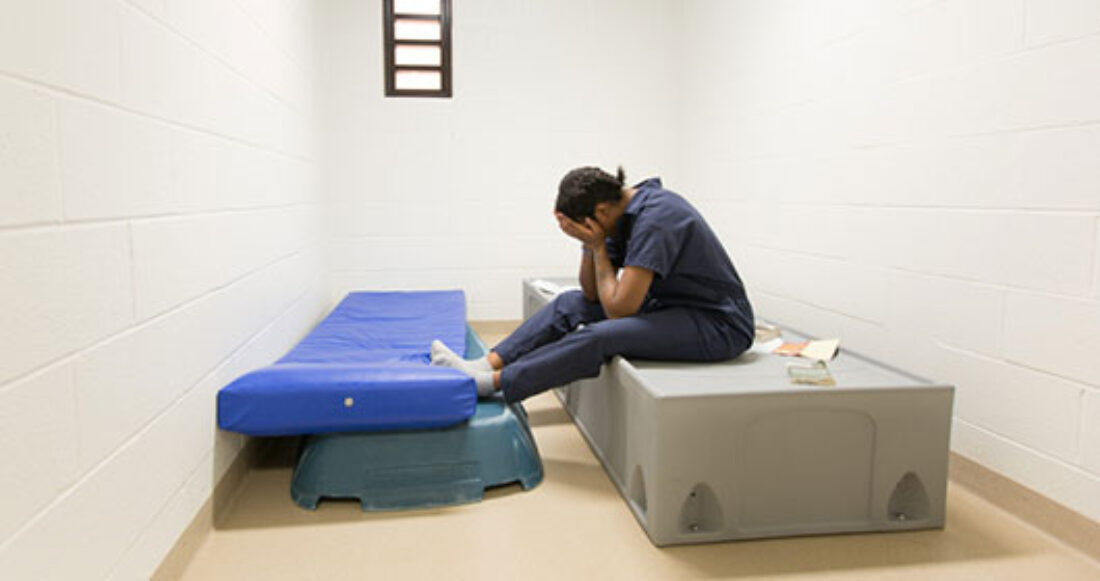Christian Millennials Make Faith-Based Case for Closing Youth Prisons

Richard Ross for Juvenile in Justice
For several years, the Casey Foundation – along with research organizations and other private and public institutions — have been making the case with data to replace adult-like youth prisons with more effective, humane and developmentally appropriate alternatives. A new Casey-funded report aimed at Christian millennials, What Justice Requires: Closing Youth Prisons, summarizes available evidence and suggests steps for state and local action from a faith-based perspective.
“More than ever, we need Christian 20- and 30-somethings committed to the Biblical call to do justice, not just to learn about injustice,” writes Stephanie Summers, CEO of the Center for Public Justice (CPJ). “We need a generation of Christians committed to a vision of public justice in their communities.”
Produced by CPJ’s Shared Justice initiative — an online publication and community for young Christians interested in the intersection of faith, politics and justice — the report examines three key reasons youth prisons are unjust:
- “They are not restorative for offenders.” Favoring punishment over rehabilitation, youth prisons do not acknowledge the developmental needs of juvenile offenders.
- “They reflect and perpetuate societal inequalities.” Citing juvenile justice statistics on systemic racial disparities in confinement rates, the report documents the barriers to equal justice faced by low-income families.
- “They fail to serve public interests.” Youth prisons not only harm individuals but also fail to discourage criminal activity. Rates of recidivism for incarcerated youth are higher than those placed in less expensive alternatives.
The report discusses community-based alternatives to incarceration, such as the Missouri Model and the characteristics that have made it successful. What Justice Requires also describes “positive political action” that citizens can take to help reform the juvenile justice systems in their communities and states.
Acknowledging the vital roles that nonprofits and businesses can play in supporting youthful offenders, the report’s authors, Morgan Barney and Andrew Whitworth, emphasize the responsibility of churches: “The Church must do the work of walking alongside youth offenders and their families. With a message of repentance, grace, forgiveness and reconciliation, the Church can provide youth with community and relationship.”
Watch Patrick McCarthy’s TEDx Talk on youth prisons as factories of failure
Read the Foundation’s report about systemic maltreatment at juvenile corrections facilities





